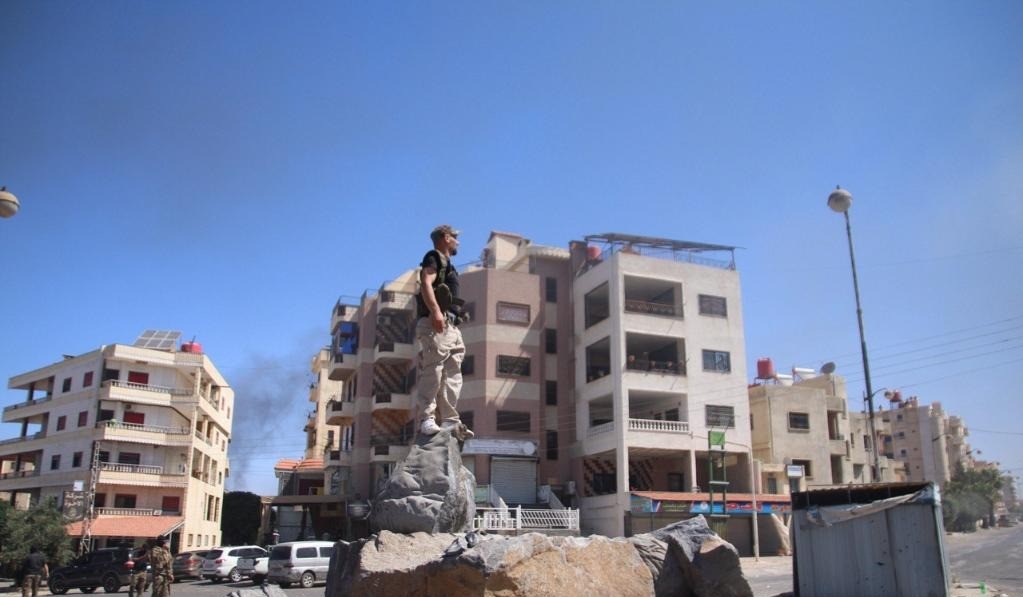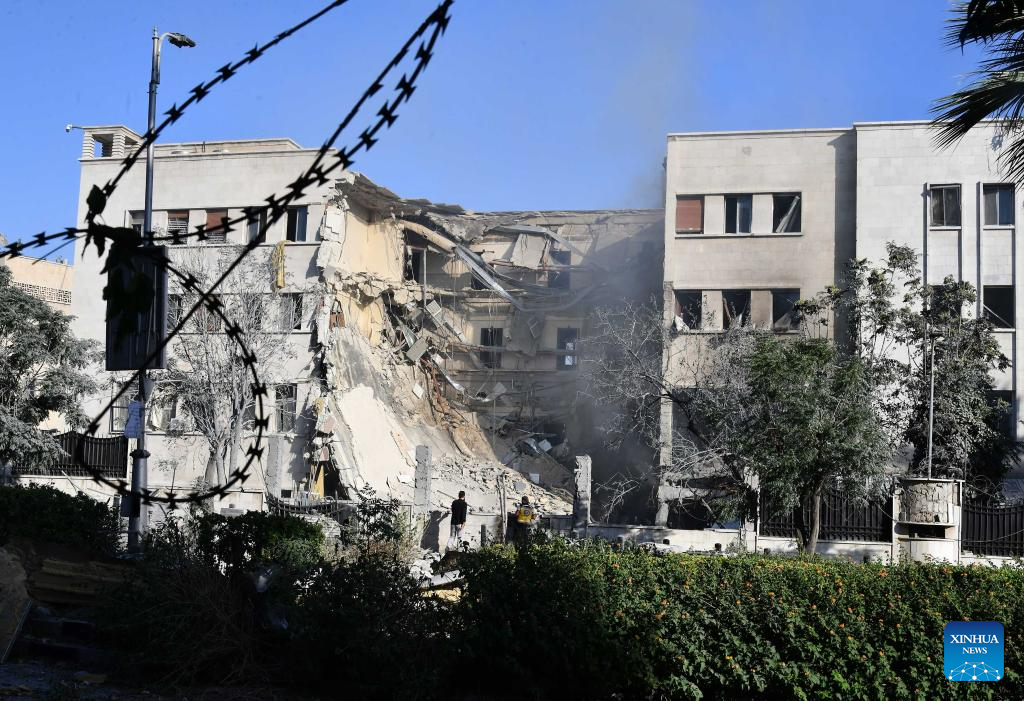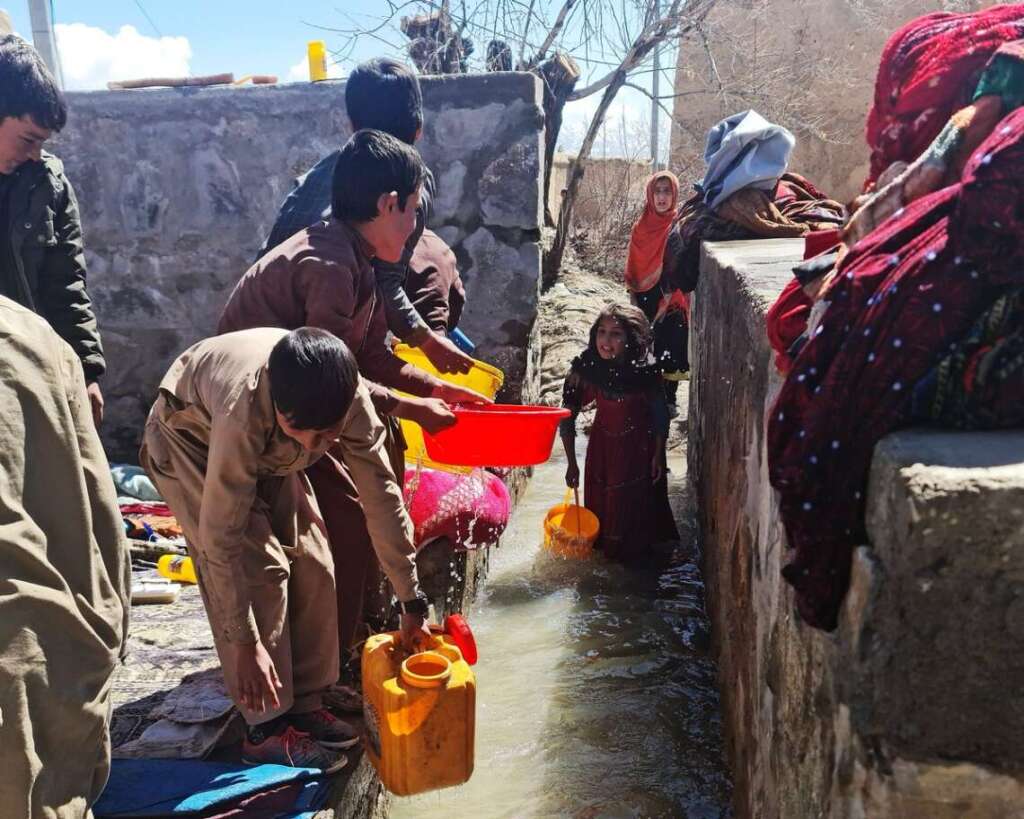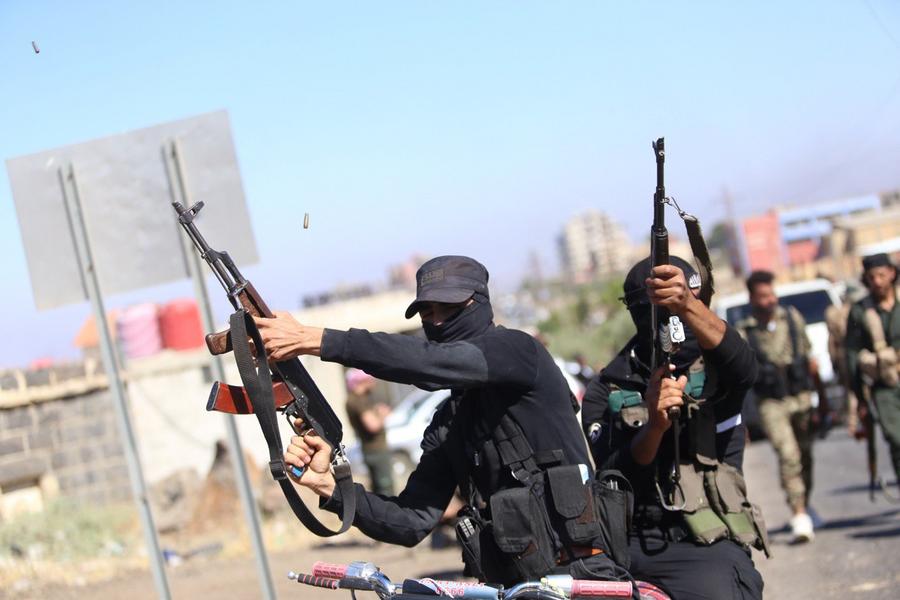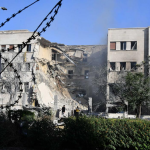Syrian interim authorities have begun implementing a phased ceasefire agreement in the troubled province of Sweida, even as fresh violence threatened to derail fragile efforts to restore order after nearly a week of intense sectarian fighting.
On Saturday, government-aligned forces began deployment across the province as part of the first phase of the deal, which includes separating rival militias—primarily local Druze factions and Arab tribal forces—following deadly confrontations that have left nearly 1,000 people dead since July 13.
A source at the information authorities said the initial steps aim to de-escalate tensions, secure the release of detainees, and facilitate the evacuation of hostages. The ceasefire agreement, brokered earlier this week with international support, outlines a three-stage roadmap toward the restoration of state authority in Sweida.
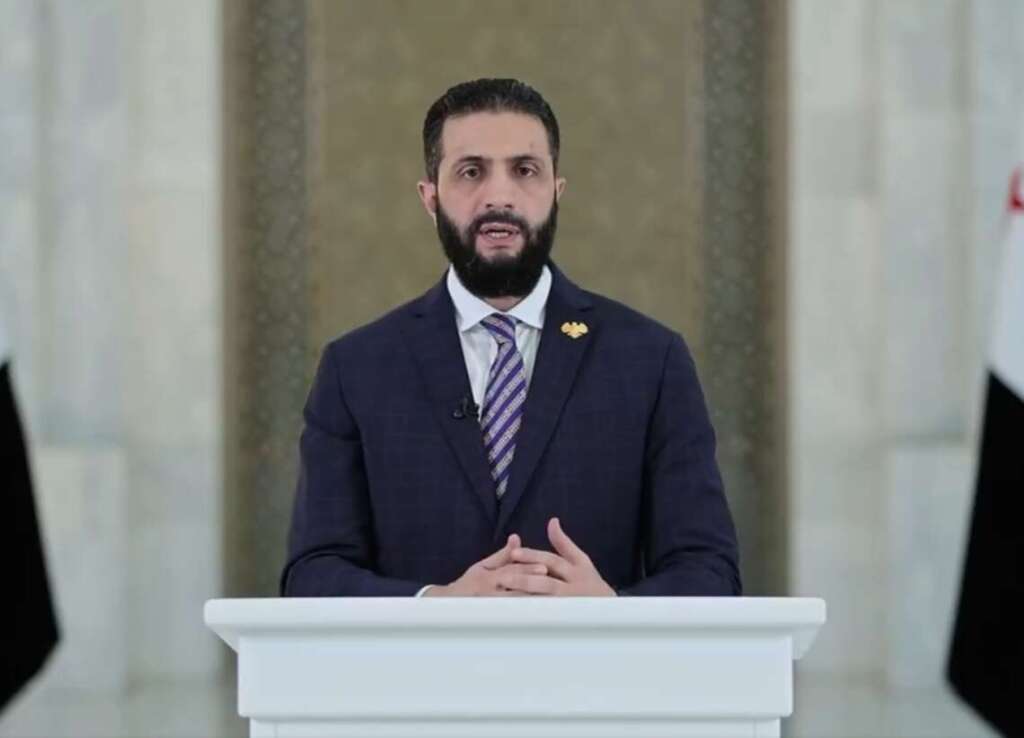
An emergency committee has also been formed involving multiple public institutions to oversee the second phase of the plan, which includes delivering humanitarian aid, restoring essential services, and repairing critical infrastructure damaged during the fighting.
If calm is achieved, a third phase would see a phased reintroduction of internal security forces and other state agencies, under terms that uphold the rule of law while respecting local agreements made during ceasefire negotiations.
However, renewed clashes erupted Saturday in western Sweida, just hours after the deployment began. The Britain-based Syrian Observatory for Human Rights reported heavy gunfire between Druze fighters and tribal militias, underscoring the volatility of the truce.
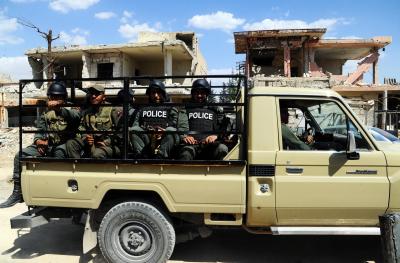
The resurgence of violence has triggered alarm about a potential collapse of the ceasefire. Military checkpoints have now been established along Sweida’s administrative borders to prevent further infiltration by armed groups, authorities said.
Amid the ongoing unrest, the humanitarian situation has grown dire. Sweida’s main national hospital remains completely incapacitated, with no power, water, or medical supplies. Dialysis services have shut down, and decomposing corpses lie unburied within the facility, raising fears of a possible health catastrophe.
“Hundreds of unburied corpses are decomposing, worms are spreading, and foul odours fill the facility and nearby streets,” said hospital staff in a statement addressed to international organisations and media outlets. They called for immediate intervention to avert “a catastrophic epidemic.”
The last partially functioning hospital in the region, Salkhad Hospital, is also on the brink of closure due to severe supply shortages.
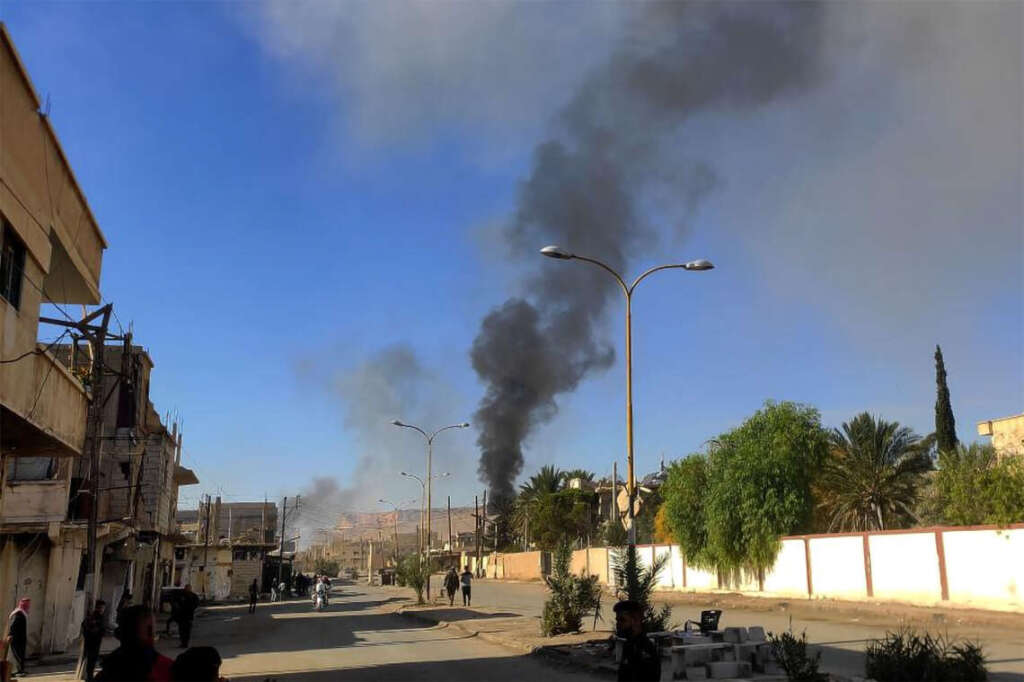
Meanwhile, food, water, and fuel remain scarce in large parts of the province, where thousands of civilians remain stranded. Humanitarian convoys have been unable to access the worst-affected areas due to continuing shelling and sniper fire.
The death toll from the conflict has soared to at least 940, according to the observatory. The figure includes 406 individuals from Sweida, among them 80 civilians, and 330 government-affiliated personnel, including defence and interior ministry forces and tribal fighters.
In addition, 15 security officials were reportedly killed in Israeli airstrikes during the unrest. A journalist died in the crossfire, while another 182 people—among them 26 women, six children, and one elderly man—were allegedly executed by government forces.
Druze fighters were also accused of executing three Bedouin civilians, including a woman and child.
Tensions escalated further on Saturday with a reported tribal militia assault on the village of Kafr al-Lahf, which triggered widespread panic among residents. Artillery shelling from tribal positions also struck the nearby village of Umm al-Zeitoun, causing material damage but no confirmed casualties.
Despite the international backing behind the ceasefire effort, the rapidly deteriorating conditions on the ground have cast a shadow over its viability. As Syria’s interim government races to stabilise Sweida, it faces the dual challenge of enforcing a ceasefire amid deep mistrust and averting a humanitarian catastrophe unfolding in real time.

